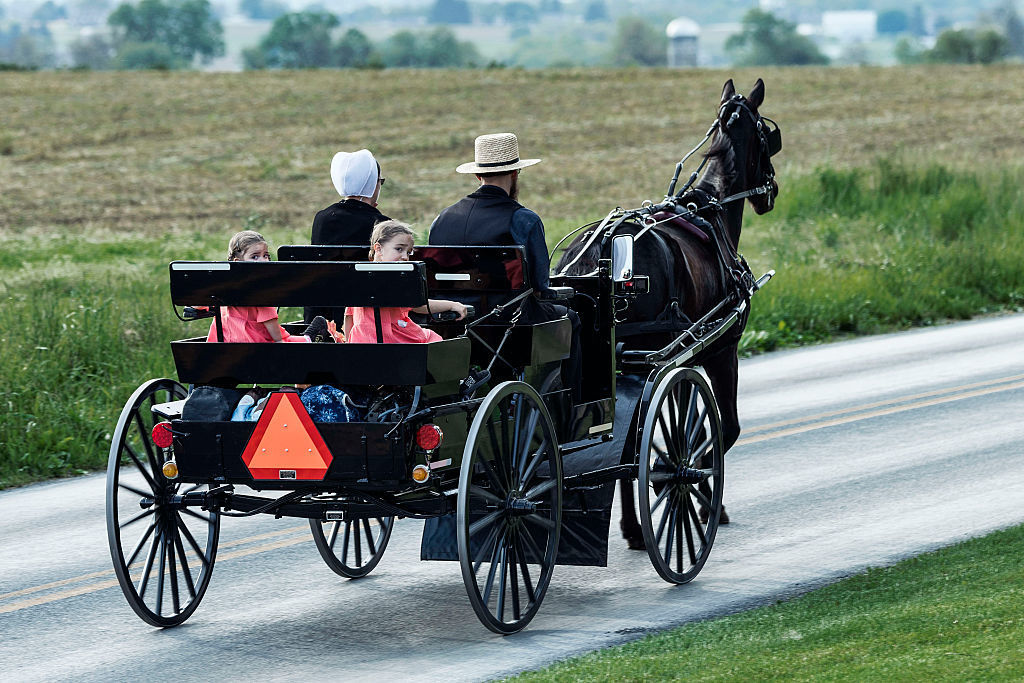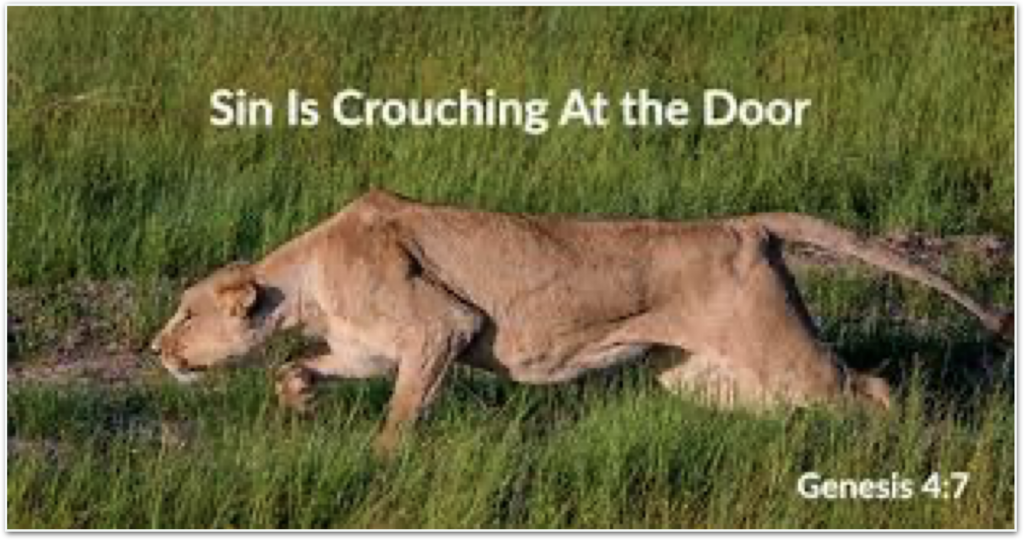“I feel such great sorrow and heartache for you that never leaves me! God knows these deep feelings within me as I long for you to come to faith in [Christ].” Rom 9:2,3 TPT
The Book of Romans is without a doubt Paul’s Magnum Opus as a theologian. The depth of revelation and the logical, systematic, and articulate way in which Paul distills the depth and clarity of the gospel is unparalleled. If Paul had done nothing else, if he had only penned this amazing treatise of Biblical truth, he would already be a legend heralded throughout the ages.
As impressive as Paul’s insights into the mysteries of truth are, what moves me—often to tears—is the message of love and affection that is woven throughout. As a Pharisee of Pharisees (Acts 23:6), a man who had sat at the feet of Gamaliel*, Paul was trained by the best and excelled above his peers. His arguments in Romans are irrefutable, presented with legal precision. And yet, what shines through is not just his head, but his heart. He had not only been convinced and converted; Paul had fallen in love. More than enlightened, Paul had been turned inside out. A man prone to scale the heights of intellectual prowess had become undone by a much greater power. Christology and justification by faith are super, but Paul caps it off with an even more visceral and transformative reality: “because we can now experience the endless love of God cascading into our hearts through the Holy Spirit who lives in us!” (Rom 5:5 TPT).
As Paul masterfully tackles the thorny matter of Israel’s place in the plan of God, he is so overwhelmed by the never-ending, reckless nature of God’s mercy that he quite unexpectedly, as if in mid-sentence, cries out: “Oh, the depth of the riches both of the wisdom and knowledge of God!” (Rom 11:33). He then proceeds to say the only reasonable response to this is to present ourselves like living sacrifices upon God’s altar (Rom 12:1). Wouldn’t it be incredible if the theses of our seminary graduates went so uncharacteristically off-script!
Paul begins the letter to the church in Rome by saying that he had been praying “without ceasing” for the believers there, longing to see them in order to impart to them “some spiritual gifts so that you may be established” (Rom 1:10-11). Since Paul had never been to Rome, that means he had not even met most of the people for whom he had such warm affections; and yet had had such an ardent desire to see them growing in Christ and becoming ever more fruitful in His service!
In Romans 15 he continues, expressing that he had had “a great desire these many years to come to you” that he might “enjoy your company” (v. 23-24). Paul had been raised in the hardware world of strict rules and regulations. He did not abandon the hardware after he met Christ; he overlayed and interfaced it with the software of agape—of relationships of a depth and quality that had been unthinkable under his former paradigm as a Pharisee. The word “enjoy” (Gr. empiplemi) means fulfilled, satiated, satisfied. Clearly his encounter with Jesus had been Grinch-like in its impact:
And what happened then? Well in Whooville they say—
that the Grinch’s small heart grew three sizes that day.
While many would probably say their favorite chapter in Romans is 8, or 12, I have always loved the way it reaches a crescendo in the last chapter, 16. Perhaps you only see it as a list of names, a salutation, or a way of sending one’s regards. Since the Holy Spirit first touched me about its essence, I can no longer see it this way. Although Paul had yet to visit Rome, he already knew the names of twenty-eight people there. His comments about them are priceless. Some had “helped” him, literally meaning caring for the needs of others and aiding them with resources. Some had risked their own necks for him. Some had spent time in prison with him. He commends them for their labors, as apostles, as servants of God, as beloved, even one as being his own mother! He exhorts them to greet each other with a holy kiss (16:16).
My prayer for you is, as it is for me: that we would continue to grow daily in our walk. This includes in knowledge, in gifts, in service. And, that we might especially excel in the one thing that Paul referred to as the “more excellent way”, stating emphatically and conclusively, “[if] I have not love, I am nothing” (1 Cor 12:31; 13:2).
* One of the great thinkers in Jewish history, grandson of Rabbi Hillel, one of the most famous theologians of ancient Israel.

